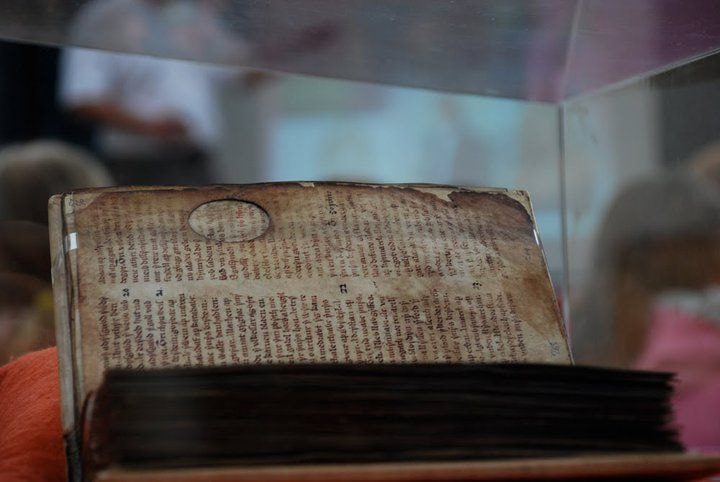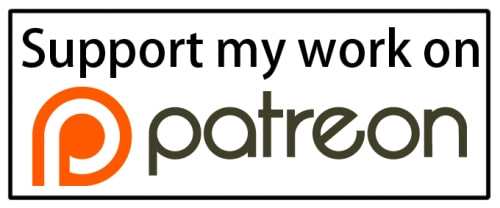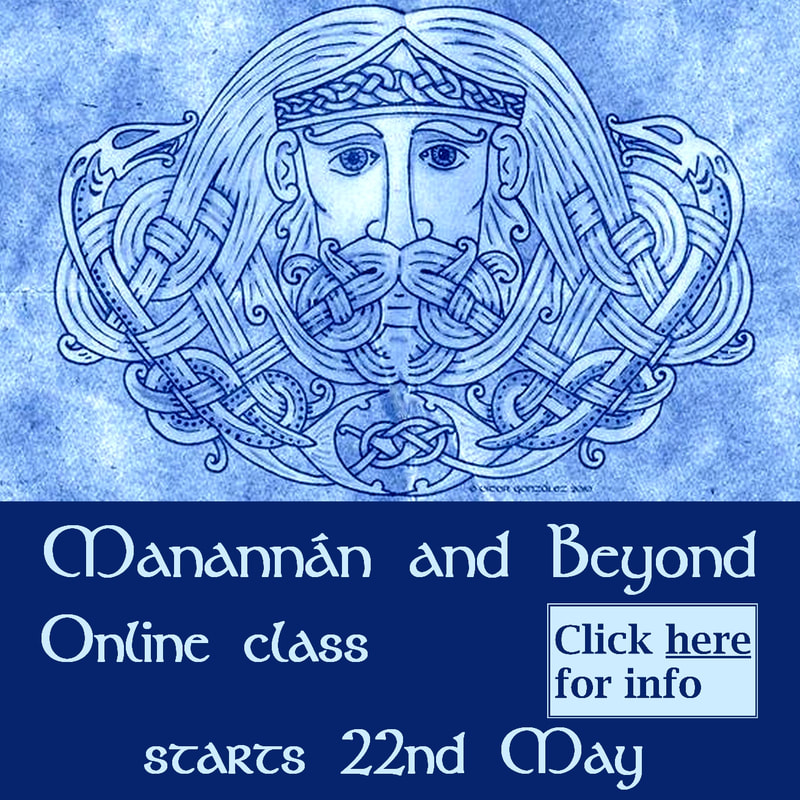Celtic neopaganism is quite a new thing, really, and its diversity is often a strength, but it can be difficult to organise something that is both inclusive and still meaningful. Herding cats might fit the situation, but no one wants to be accused of trying to herd the cats.
There are a few points where one can be right or wrong. (What a particular Medieval text does or doesn’t say, a specific date in history…) Mostly, we are all feeling our way, and that’s one reason I try to avoid too many hard and fast statements. I prefer to qualify most things with “in my opinion” or “according to ___” or “this is what works for me”. A lot of people don’t bother to do that, and I’ve always thought a lot of arguments could be avoided if they did. At the same time, I don’t think a lot of people hear me when I do qualify my statements with “I think” or “Cormac’s glossary says” or whatever. They just hear my opinion, and if they hold a different one, they jump to the conclusion that I am criticising them. They feel attacked, or that all they hold dear is being threatened.
This seems to be a particular issue when it comes to my love of Medieval Irish and Welsh texts, and the scholarly study of them, or the fact that I hold the preservation-through-memorisation of lore by the bards and druids of the past in very high regard. This is my area of interest, and yes, I do think it is important and deserves a bit more attention. That’s why I spend a lot of time making things which I hope give more people access to it, or spark interest.
None of this means that I think personal gnosis is silly, or that your experience of a deity is worthless if it doesn’t fit what the texts say. But just as you have every right to talk or write about those experiences, which are very real to you, surely I have every right to talk and write about mine. I have lots of personal gnosis, too. If you’ve followed my work over the years, you’ll know that. If I don’t write more about it, maybe that’s because I think it’s just that. Personal gnosis. Maybe it’s just for me.
But what if I told you that my personal gnosis tells me that the Medieval texts are preserving something that is vitally important to us today. My interest in them is partly because of that belief. I talk about it a lot because of that gnosis. Not instead of direct contact with deity. This doesn’t mean that I think it’s more important than what others believe or experience – but it’s what I’ve been prompted to focus on, and it is often during deep study of early texts that I feel closest to the gods.
I have noticed something, though, about personal gnosis or revelation. We’re heavily influenced by whatever we expose ourselves to, or immerse ourselves in. If people consume a lot of popular fiction about deities and ancient cultures it very often influences what they experience in meditations or visions. If people are exposed to certain information as doctrine, like “the lord and lady” or “hard polytheism” their personal experiences tend to reflect it.
Sometimes gnosis is also contagious. One person tells their group they have visions of Taliesin flying an airplane. It’s not up to me to judge the truth or meaning of that vision. But if several other people have the same vision after hearing this, it would be sensible to question whether it’s a product of imagination rather than gods or spirits.
Those who make a study of early texts tend to have experiences of deity which agree with, or build on, what those texts say. People who are drawn to folklore collected in the last couple of centuries are more likely to have experiences in line with that folklore.
For some people, the elephant in the room is that the scribes who put these texts onto vellum were Christians. Therefore, some people conclude, they must be Christian propaganda, or at the very least, heavily censored; yet a close study of the texts suggests that only a minority could possibly be intended as pro-Christian or anti-Pagan in intention. Removal of some material is much more likely, and yet, there must have been a desire to preserve or they wouldn’t have been written down at all.
Another question is whether they really reflect long-preserved cultural material, or are “just literature” composed by, or in near proximity to, the scribes who placed them on the page. This is where comparative study is useful. Does the text, or the story the text tells, exist in other times or places? Do characters with cognate names have similar stories or functions across different texts? This is even more useful if we know whether a scribe in one time or place had access to a text from another. The continued work of Celticists is answering more of these questions as time passes.
Personal revelation is important, but doing it without the grounding of cultural material can leave people untethered. Folklore is important, but it is diverse and often extremely localised. Removing it from its original context often strips it of its original meaning. Repeating it without understanding of that meaning results in new meanings being applied. That’s how folklore operates, of course! Medieval texts are hard work for all the reasons I’ve outlined, and there are linguistic problems, too. They are very difficult to translate, and although scholarship is improving, many translations done a hundred years ago, or more, are not being superseded by better ones, because there’s no money in doing so.
Each of these three areas is rich in potential for helping us reach an understanding of Celtic cosmology. If you find yourself focused on one of these approaches, I’d say it’s important to listen to people who are focused on the others with an open mind. We don’t need to be in competition.




 RSS Feed
RSS Feed




